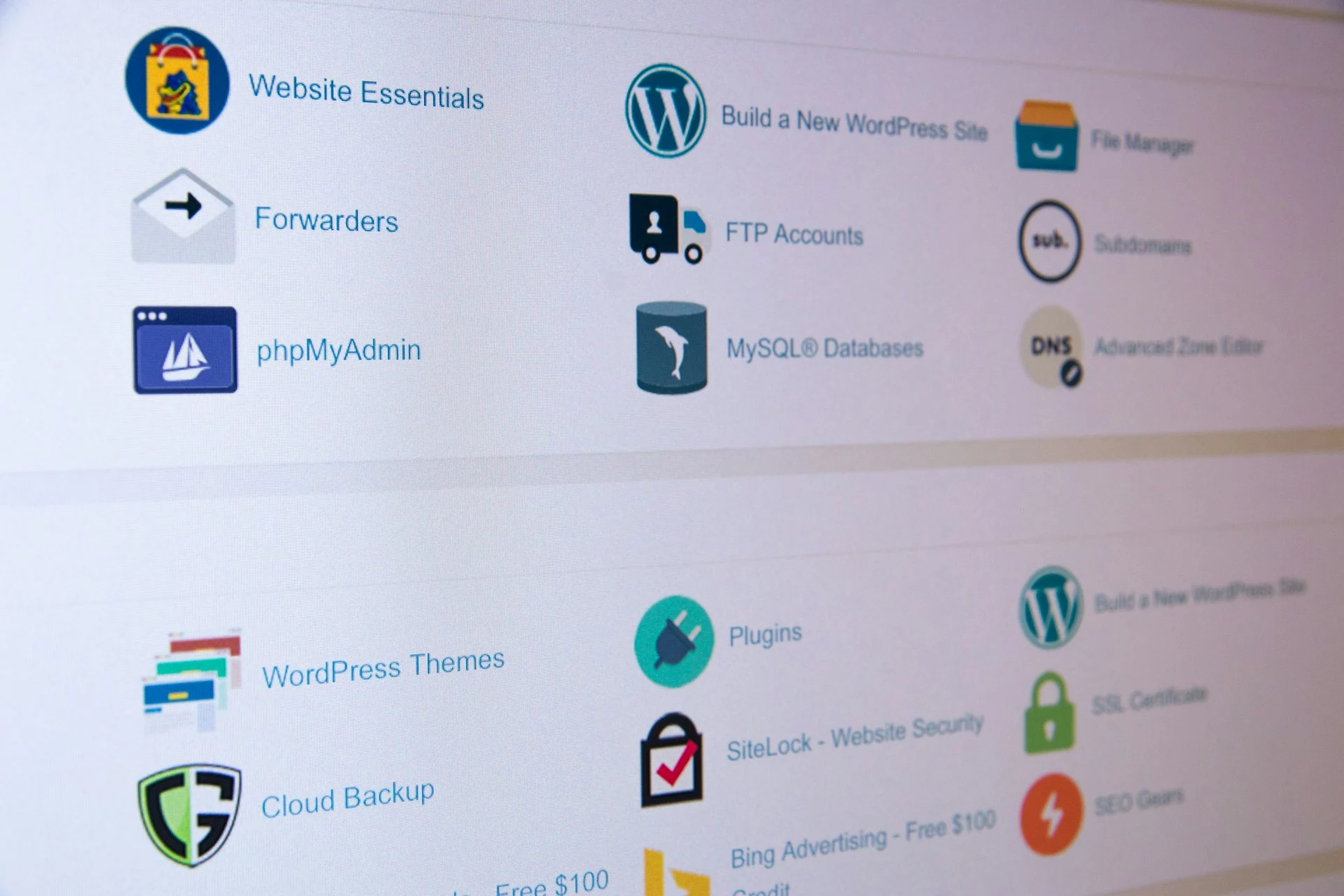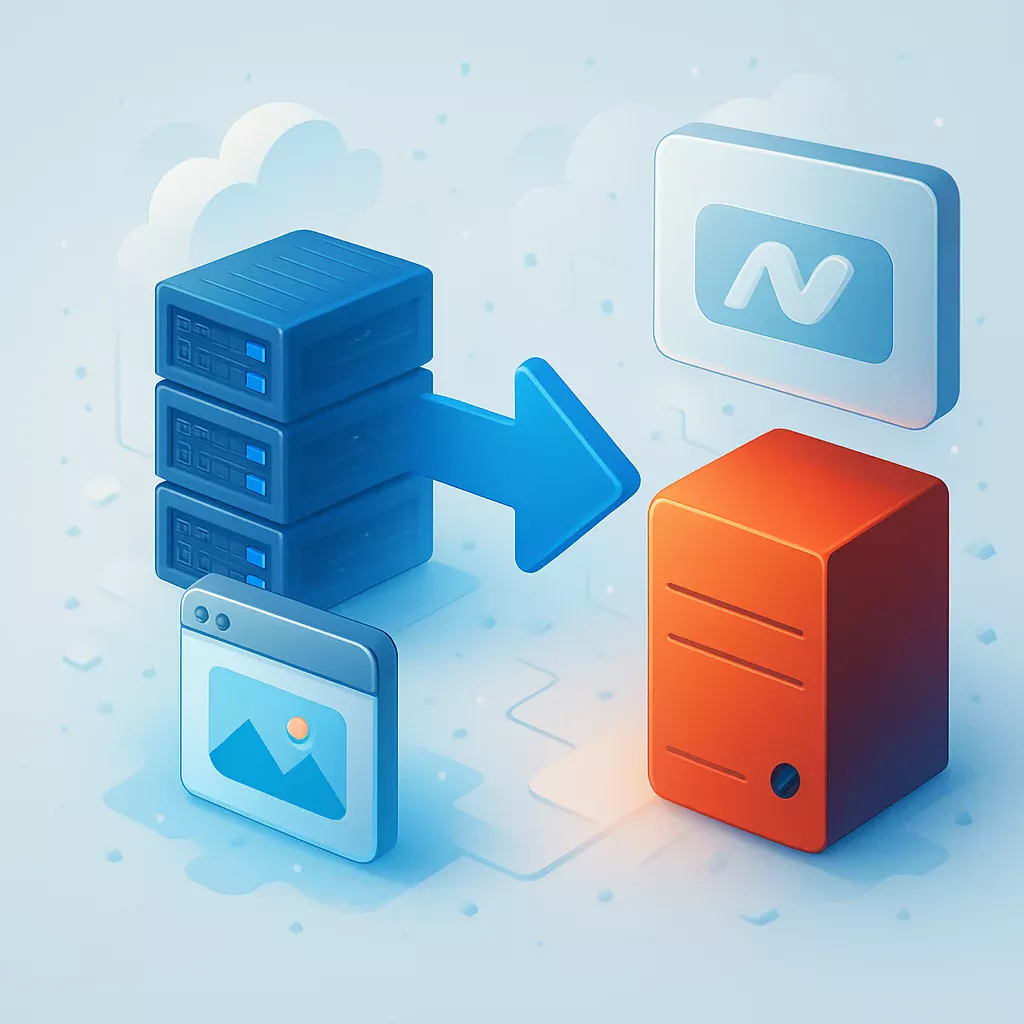
When Should You Really Consider Upgrading to a VPS from a Web Hosting Plan?
Web hosting plays a crucial role in a website’s performance, security, and scalability. While shared hosting is sufficient for many entry-level websites, there comes a point when it no longer meets the needs of a growing website or application. If you’ve reached this crossroads, it may be time to consider upgrading to a Virtual Private Server (VPS). In this article, we’ll explore the key technical signs that it’s time to upgrade, as well as the unique benefits that VPS hosting provides.
For those ready to explore VPS options, check out our Virtual Servers page, offering flexible CT (LXC) and VM (KVM) server plans to suit various needs.
1. Performance and Speed Needs Are Outgrowing Shared Hosting
One of the most obvious indicators that it’s time to upgrade is a slowdown in performance. Shared hosting allocates resources (such as CPU, RAM, and disk space) among multiple users on the same server. As a result, your website's performance can be affected by high traffic volumes from other sites sharing the server.
With a VPS, you gain dedicated CPU, RAM, and storage resources that are isolated from other users. This independence enables your site to handle larger traffic volumes and data processing without the risk of ‘noisy neighbor’ interference. A VPS also offers better hardware allocation, so visitors experience faster load times, smoother navigation, and a more responsive user interface.
2. Enhanced Security for Sensitive Data
Security is a top concern for any website handling sensitive data, including eCommerce stores, membership sites, and forums. Shared hosting poses a security risk because vulnerabilities in one site can affect all other sites on the same server. If your website needs a higher level of security, a VPS provides the necessary isolation and flexibility to implement robust security protocols.
With a VPS, you can configure firewalls, install specific security software, and implement SSH access. You also gain control over user permissions and can set up two-factor authentication (2FA), giving you greater authority over who can access your server. For businesses and developers needing compliance with regulations like GDPR or HIPAA, VPS hosting is often essential to meeting those standards.
3. Root Access for Advanced Customization
Customization is limited on shared hosting, where you must work within the boundaries set by your hosting provider. A VPS, however, gives you root access, enabling full control over the server environment. This is especially valuable for businesses running specific software, such as WooCommerce, or custom web applications.
With root access, you can install applications, configure server settings, and optimize the environment to meet unique needs. You also have the freedom to install and use custom caching mechanisms, set up development frameworks, and configure database parameters to support high-performance applications.
4. The Need for Scalability as Your Website Grows
As your website’s traffic and data requirements increase, scaling within a shared hosting plan becomes challenging. Shared hosting may require you to migrate to a larger plan, but VPS hosting allows you to scale resources dynamically without major changes to your server environment.
With a VPS, you can allocate additional CPU, RAM, and storage as your site grows, ensuring it remains responsive and capable of handling increased traffic. This flexibility allows your site to scale smoothly, avoiding the disruptions or performance drops that can occur on shared hosting.
5. Running Resource-Intensive Applications and Plugins
Resource-intensive applications, such as eCommerce stores (e.g., WooCommerce), media-heavy websites, and custom web applications, often require more resources than shared hosting can provide. These applications use more server memory and processing power, making VPS hosting a better choice for handling complex backend operations.
A VPS also lets you run software that requires special server configurations or dependencies. For example, eCommerce platforms like WooCommerce benefit from higher resource availability and dedicated database processing power, allowing them to handle a greater number of products and visitors without slowing down.
6. Consistent Uptime and Reliability
Uptime is a critical metric for businesses that rely on their online presence to generate revenue. In a shared hosting environment, server resources are divided among users, meaning if one user experiences a sudden traffic spike, it can cause downtime or slow performance for everyone on the server.
In contrast, VPS hosting provides dedicated resources, ensuring that your website remains accessible even during high traffic. This stability improves uptime, meaning your site will be available when users need it most. For businesses and online stores, reduced downtime translates into improved user satisfaction and fewer lost sales opportunities.
7. Comprehensive Control Over Backups and Recovery
Data backup and recovery are essential for maintaining data integrity, especially for websites with dynamic content or transactional information. Many VPS plans include options for creating automated backups, enabling users to customize backup schedules and storage locations for data redundancy.
With root access on a VPS, you can implement custom backup solutions, set up automated backup intervals, and even create scripts for incremental backups. This control is particularly valuable for developers and website owners managing customer data or extensive content databases, as it ensures quick restoration in the event of a server failure or accidental data loss.
8. SEO Benefits of Enhanced Performance
Search engines, including Google, consider website speed, uptime, and security as ranking factors. By upgrading to a VPS, you gain faster page load times and a more stable site, both of which contribute to improved SEO performance. Websites that provide a fast, secure experience are more likely to rank higher, increasing organic traffic and enhancing visibility.
For businesses relying on search engine optimization as part of their digital strategy, the improved speed and stability of a VPS can provide a significant competitive advantage. A faster site not only benefits SEO but also enhances the user experience, encouraging higher engagement rates and lower bounce rates.
Those being said...
Upgrading to a VPS offers enhanced resources, security, scalability, and control, making it an ideal choice for websites experiencing growth or needing advanced customization. If your website requires more power, better performance, or specialized configurations, a VPS is the next logical step. For a tailored VPS solution that meets your unique requirements, explore our Virtual Servers page, where we provide both CT (LXC) and VM (KVM) server plans.









